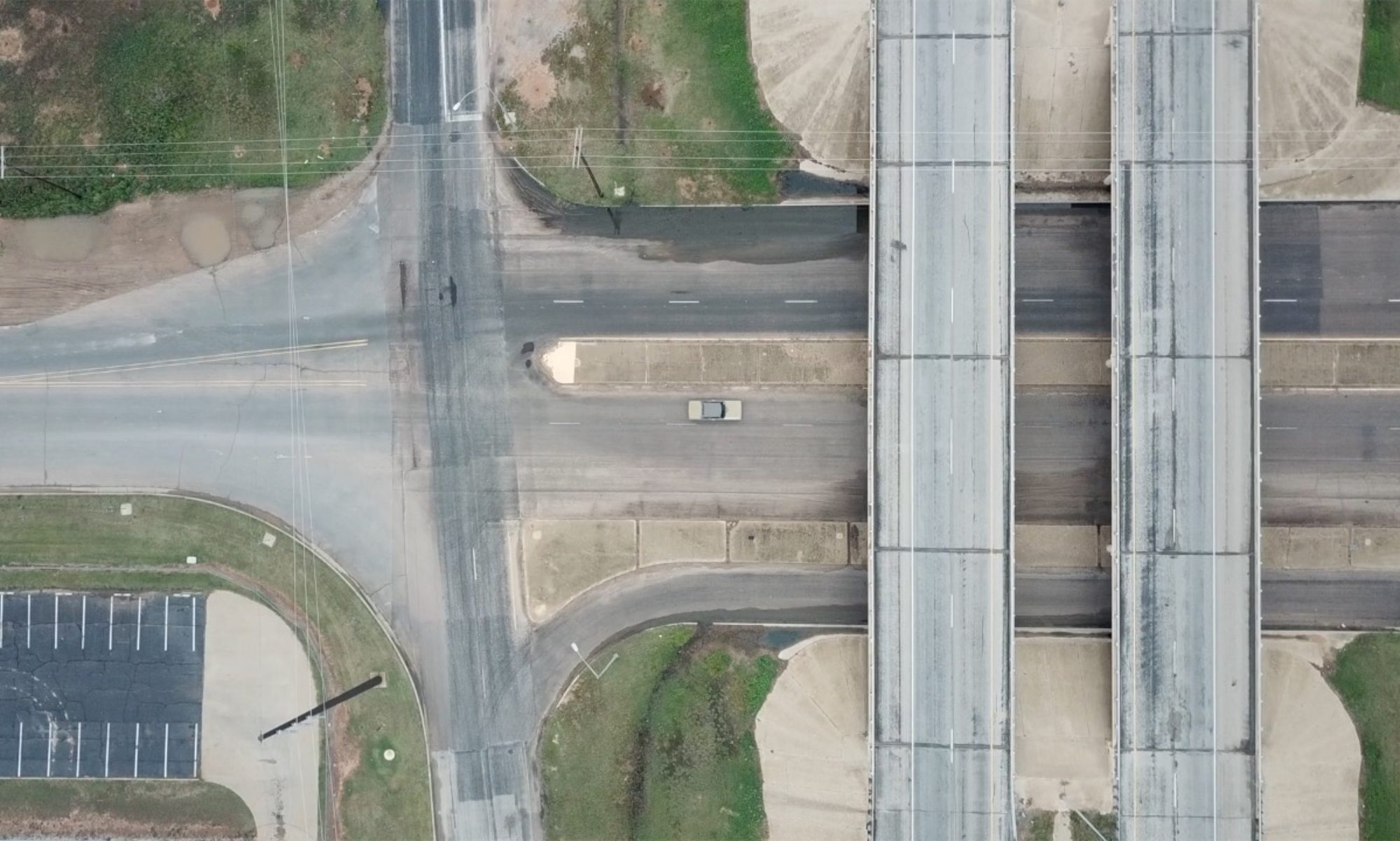The Lubbock Scapes Collective is an interdisciplinary group composed of faculty from programs in cultural studies, media and communications, poetry and translation, linguistics, Spanish literature, landscape, art and architecture within a single university. Its purpose is to break through the boundaries of “disciplines” by creating holistic projects that problematize questions of landscapes through scholarly collaborations that seek to understand, define, evaluate, and represent spaces people inhabit. They do so by using landscape as a structural model or framework to bring together a diverse group of disciplines firmly rooted in social space and the production of situated knowledge. The kaleidoscope of shifting spaces in which individuals and groups interact through face-to-face and mediated communication creates multiple horizons for creative reflection and engagement, reclaiming human experience in a world that has been depicted by objects perceived as knowledge outside human feelings. This historical framing of landscape is now obsolete and the collective is searching for new dimensions of the term.
In the belief that socially engaged academics have the power to enact significant change, the Lubbock Scapes Collective is interested in theorizing how to root their research in the immediate and proximate in ways that activate and respect local culture and traditions tied to the land. They work under the assumption that the concept of landscape emerges from reciprocal and historical relationships between the symbolic and the real and is constantly evolving and fluid. This group is united primarily by a profound dissatisfaction with their disciplinary alienation and with the theoretical status quo that does not take into account their position as academics and citizens of a particular place.
The Lubbock Scapes Collective’s contribution to this conference is the presentation of the collective’s manifesto as an atlas of forms and cultural patterns within the specific character of the land the members inhabit: not only as a local matter, but as a global condition in the American Southwest, and inside other Spanish-speaking areas in and outside the U.S. Thus, through this project, the collective will explore examples of recent consolidated forms of social constructions and their rural and urban forms (e.g. environmental language, political boundaries, and material typologies found across signage, borders, and infrastructure). These serve as mirrors of the immense geological structures, that, while supporting global demands, construct local cultures. The remote and the proximate are expressed in the ways of life on the surface and subsurface: in how an aquifer and cotton T-shirt are connected; in how Hispanic-oriented media creates dynamic social and linguistic urban landscapes; and how market signs in El Paso become designed to sell burritos to those drilling into the Permian Basin. The Collective theorizes the relationship of their particular “proximate” (a perceived nowhere) to the “remote” (an imagined elsewhere) in areas they inhabit through their manifesto that reimagines the complexities of landscape, its layered patterns and meanings, to create visual and material grammar that necessitates restructuring and redefining our conceptions of occupied scapes.
The manifesto was delivered at the 2017 Marfa Association of College Schools of Architecture conference as a performance.
